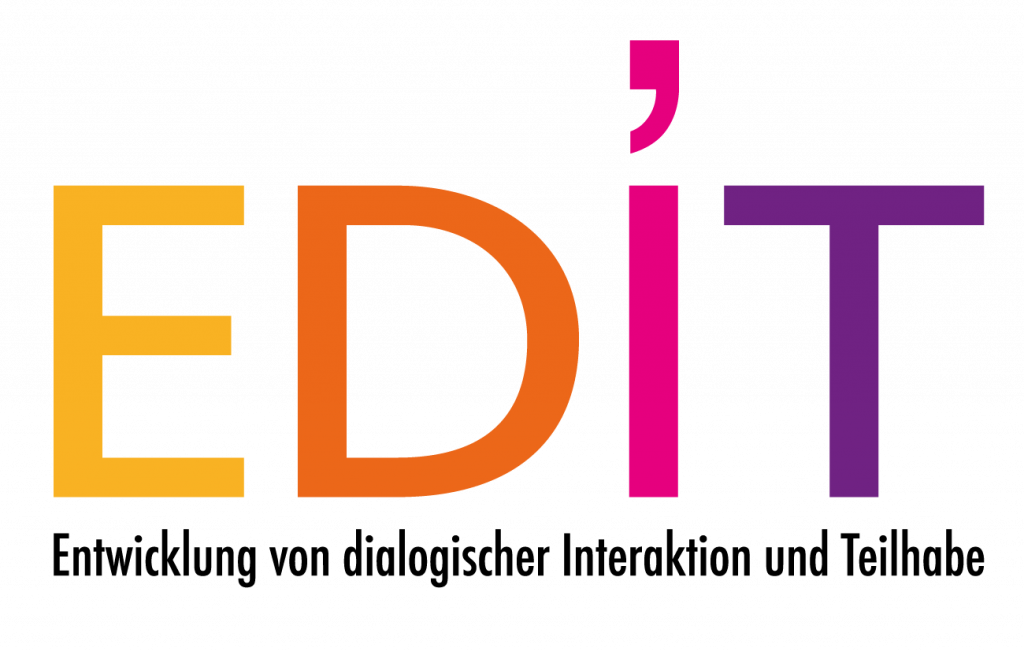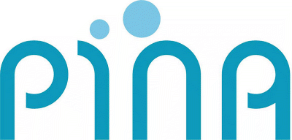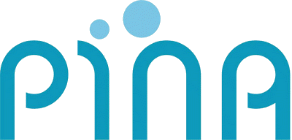EDIT – Development Of Dialogical Interaction And Participation

A cooperative practice research programme by FH Potsdam and the University of Potsdam on quality development in early education.
- Funded by: Federal Ministry for Family Affairs, Senior Citizens, Women and Youth (BMFSFJ)
- Project period: 01.2020 to 12.2022
- Project management: Prof. Dr. Frauke Hildebrandt, Dr. Caroline Wronski, Prof. Dr. Jan Lonnemann
- Research staff: Dr. Ramiro Glauer, Katrin Macha, Dr. Tina Marusch, Julia Huwer
- Coordination: Nadin Klüber
Project description
Sub-project 1: Designing Dialogical Participation under Conditions of Heterogeneity
In sub-project 1, linguistic indications of participatory interaction formats are investigated, especially concerning their effects on the development of children from disadvantaged families or with non-German family languages. In sub-project 1, there is a particular focus on (1) linguistic promotion, (2) dialogical establishment of children’s participation and (3) integration of children with special needs, especially children with non-German family languages.
Sub-project 2: Designing quality development with children
In sub-project 2, formats integrated into everyday life are developed that enable children to participate in the quality development of their daycare centre. Children can express themselves and have ideas about the pedagogical design of the daycare centre, and they have the right to be heard in all matters that concern them. Nevertheless, it rarely happens that they are involved in quality development and can influence what is changed in their daycare centre or what is developed as a quality vision. Views can be brought together in a participatory process, and a common picture of quality can be developed. Sub-project 2 also examines child agency in the system of child daycare facilities – using the development of a quality manual as an example.
Sub-project 3: Developing discursive rationality in dialogue
Equal opportunities and participation of all children are central goals of early childhood education practice. The development of the ability to participate in reasoning practices (exchange of arguments and consideration processes, formation of opinions) significantly influences children’s participation in the daycare centre. Educators in the daycare centre and crèche can shape participation by stimulating thought processes and responding to children’s questions and impulses.
Sub-project 3 investigates how pedagogical interactions can influence the development of discursive rationality in children. In addition to recognising individuality and enabling experiences of self-efficacy, the recognition of an “inner world” is the basis for the ability to express oneself, to contribute one’s thoughts and feelings, intentions and ideas and to justify them in joint discussions. This “navigating in the space of reasons” (Sellars, 1956; McDowell, 1994) is guided by the norms of theoretical and practical rationality that enable autonomous thinking.



